Audrey Grimm is one of Sequoia’s original founders and Chief Executive Officer. Audrey has spent her career working in behavioral health. She has over 10 years of nursing experience, half of that working in inpatient psychiatric and detox facilities. She graduated as a Psychiatric Nurse Practitioner in 2023.
Ongoing or regular use of drugs or alcohol eventually leads to harmful, sometimes irreversible effects on your physical and psychological health. The first step in many comprehensive addiction treatment programs is to complete detox. Detox is a vital process that helps to cleanse your body from the effects of any remaining substances. Without detox, it can be challenging and, for some, impossible to actively engage in the therapeutic aspects of a holistic addiction treatment program. Detoxing and its accompanying withdrawal symptoms are not often easy. Sometimes, the journey can lead to unpleasant and potentially dangerous side effects. The most severe withdrawal symptoms are one of the most important reasons to avoid detoxing from drugs and alcohol “cold turkey” or without help from a professional detox program in Spokane, Washington.
During detoxification, your body must learn to perform all of its vital (often life-sustaining) functions again without the influence or help of substances. There are circumstances when detoxing from substances can be dangerous. This is especially true when detoxing from drugs like opioids and benzodiazepines and from alcohol. While using drugs or drinking alcohol, your body becomes accustomed to, even dependent on, functioning with a certain amount of substances circulating throughout the body. Your organs and brain will change how they work to actively accommodate substances every day and attempt to flush toxic chemicals from the body each day. When you begin to detox, your body is deprived of the substances it craves, leading to withdrawal symptoms.
The disease of addiction is unique to the individual. While two people may have the same substance addiction, the symptoms they experience while actively using or drinking and the challenges they encounter while trying to get sober will sometimes be dramatic. Due to the personal effects of addiction, drug and alcohol withdrawal symptoms will vary for each situation and person, depending on various factors. These include the severity of use, duration of use, and the amount you use each time.
Each substance also has a slightly different effect on the body. There are some substances that cause physical withdrawal symptoms when you begin to detox, whereas others that typically cause more intense emotional effects. However, the most important thing to remember about overcoming addiction is that withdrawing from drugs or alcohol is the first step in the process of recovery and must happen before any other treatment occurs.
The duration and severity of your withdrawal symptoms will vary based on the substance or substances you used. Each substance has a slightly different effect on the body. There are some substances that cause physical withdrawal symptoms when you begin to detox, whereas others that typically cause more intense emotional effects. However, the most important thing to remember about overcoming addiction is that withdrawing from drugs or alcohol is the first step in the process of recovery and must happen before any other treatment occurs.
The following are different types of drug addiction withdrawal symptoms and their withdrawal timelines:
Withdrawal from amphetamines usually begins within a few hours after the last use. The symptoms of amphetamine withdrawal typically peak between one and two days after the last dose. Most users experience a “crash” in the very early stages of detox and a more extended withdrawal period. Post-acute withdrawal symptoms connected to amphetamines can last anywhere from a few weeks to a few months.
There are several types of benzodiazepines. The type and severity of withdrawal symptoms will depend, at least to some degree, on the type of drug used. Most symptoms of benzodiazepine withdrawal typically present between one and four days after you last used them. However, for certain “short-acting” benzos like Xanax, withdrawal symptoms may begin in as little as ten hours. During the first few days of benzo detox, those who use Benzodiazepines to address and manage anxiety symptoms may experience something called a “rebound” effect. This occurs when the symptoms of your condition worsen when you stop using the drug. Benzo withdrawal symptoms generally peak around two weeks; however, they can last for months.
Depending on the substance, the first withdrawal symptoms generally appear within six hours after your last dose. In general, withdrawal symptoms are present for one to two weeks. The duration of withdrawal depends on various factors, including the specific substance and the severity of your addiction.
Cocaine is a powerful drug; however, it has a short half-life. This means the amount of time cocaine remains active in the body is short. It also means the time it takes for withdrawal symptoms to start is also very short. While withdrawal from many other drugs begins within 8-12 hours, cocaine withdrawal effects start in as few as 90 minutes after one’s last dose. For most, symptoms will fade within 7-10 days.
Withdrawals from opioids like heroin and fentanyl begin within a matter of hours after you stop using. Most heroin (and other opioids) detox symptoms peak between two and four days after the last use. While this timeline is accurate for many, post-acute withdrawal symptoms can persist for up to weeks or months in some instances.
Most symptoms of alcohol withdrawal are present within six hours after the person has their last drink. Symptoms will often present as mild and intensify after two or three days. The withdrawal cycle typically lasts for about one week.
We Work With Most Major PPO & HMO Insurance Providers. We Now Are Accepting Medicaid for Outpatient Treatment. Within Medicaid, we only accept Well Point and Community Health Plan of Washington plans.
We Are An In-Network Provider For Kaiser And Lifewise Insurance Carriers.












Detoxing is the vital first step in your recovery from drug or alcohol addiction. Because so many unknowns and unpredictable factors are associated with detox, it should always be undertaken in a safe and supervised medical detox setting. While detox symptoms do vary from person to person seeking help at a skilled detox program center where medically assisted detox is available such as Sequoia Detox Center, can ensure you safely and successfully withdraw from drugs or alcohol.
Choosing a Washington inpatient detox program specializing in medication-assisted treatment or MAT means you can expect comprehensive medical supervision throughout your detox journey. Depending on the specific program and your unique needs as you begin detox, the steps in your plan may include the administration of MAT medications to help make certain withdrawal symptoms more manageable.
The length of the detox process also varies. For some people (again, based on their chosen substance), detox lasts a few days; for others, detox symptoms can persist for up to a week. Throughout a medically supervised detox program at Sequoia Detox Center, our highly trained medical and mental health staff will monitor your vitals and provide necessary medical and mental health support. Without these vital elements of a drug or alcohol detox program, many who seek sobriety may relapse before they can successfully finish detoxing or achieve lasting recovery.
The question of how long you should go to a detox center is difficult to answer. The answer is, “it depends.” Several factors must be considered when choosing a detox program and working with treatment professionals at the detox program to develop a care plan to help you safely and successfully detox from drugs or alcohol.
When you arrive at Sequoia Detox Center, our experienced, professional treatment team members will perform a comprehensive assessment. This assessment aims to help your providers develop a clear picture of your current treatment needs. Understanding your current relationship with drugs or alcohol and knowing more about your medical history, mental health history, and experiences with detox and addiction treatment in the past will help your care providers develop a care plan that focuses on your unique detox needs.
We understand how challenging it can be to know if and when you or your loved one needs help with addiction. By taking this quiz, you can get a quick assessment of some signs that may indicate whether or not you need to reach out for help.
If you or a loved one are ready to take the first steps towards recovering from drug or alcohol addiction, your journey must begin with detox. To learn more about our medical detox center in Spokane, WA, contact us at Sequoia Detox Center today.
